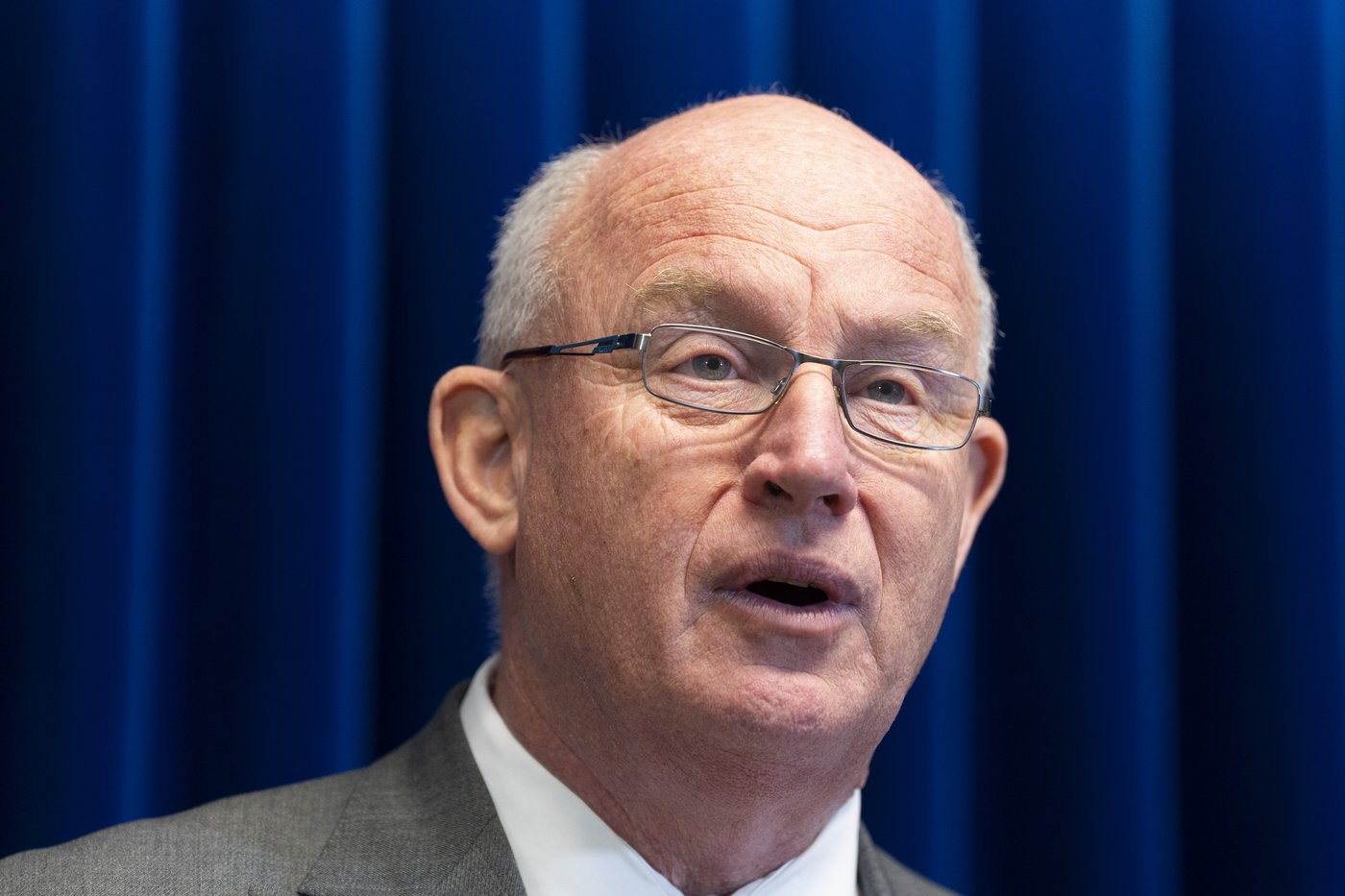Elevate your local knowledge
Sign up for the iNFOnews newsletter today!
Sign up for the iNFOnews newsletter today!
Selecting your primary region ensures you get the stories that matter to you first.

VICTORIA — The president of the group representing local governments in British Columbia says she welcomes proposed changes that would make it easier for First Nations and municipalities to meet behind closed doors.
Cori Ramsay, president of the Union of British Columbia Municipalities, said her group and First Nations requested the changes, saying they give nations “the same level of confidentiality” that other levels of government receive.
“This is really about building strong relationships with our First Nations partners,” Ramsay said.
Ramsay said the proposed changes close gaps in current legislation, but do not change existing processes around final decisions being made in public.
Government house leader Mike Farnworth said the proposed amendments “allow or require” local governments to hold closed meetings when discussing “culturally sensitive and confidential information” shared by First Nations, but they don’t change requirements to make final decisions in open meetings.
Farnworth said local governments can only close meetings for limited reasons, which currently don’t include relations with First Nations.
“The new rules for closed meetings will apply in specific situations to balance the need for transparency with the need to help governments work together more respectfully and effectively,” Farnworth said.
He added that the province will provide additional guidance to help local governments make informed choices under the new rules.
Ramsay said a lot of questions about the changes remain, but strong relationships with First Nations are an “essential component of reconciliation.”
“It’s a new tool in our tool box … but there are no changes to the requirements for local governments to make final decisions and pass bylaws in open meetings,” Ramsay said.
B.C.’s Ministry of Housing and Municipal Affairs said in a statement that the proposed legislation does not separately define culturally sensitive information, but instead adopts the similar language as found in the Freedom of Information and Protection of Privacy Act.
The ministry said the proposed changes allow First Nations to request that a “meeting be closed when they want to bring information to a council meeting,” which, if disclosed, “would harm cultural practices or traditional knowledge” of Indigenous Peoples.
The statement says the legislation allows local governments to close all or parts of a meeting, adding that First Nations can request meetings to go in camera.
But councils can still determine whether to close meetings or parts of a meeting, and any closure must meet the criteria of the act.
In case of disagreements between First Nations and local government over whether to go behind closed doors, “it is at the discretion of the council to close the meeting and at the discretion of a First Nation to share their information or not,” the statement said.
All existing requirements about announcing closed meetings continue to apply, the ministry said, meaning local governments must still hold open meetings unless they pass resolutions to close meetings in whole or in part.
This report by The Canadian Press was first published Oct. 10, 2025.
This site is protected by reCAPTCHA and the Google Privacy Policy and Terms of Service apply.
Want to share your thoughts, add context, or connect with others in your community?
You must be logged in to post a comment.